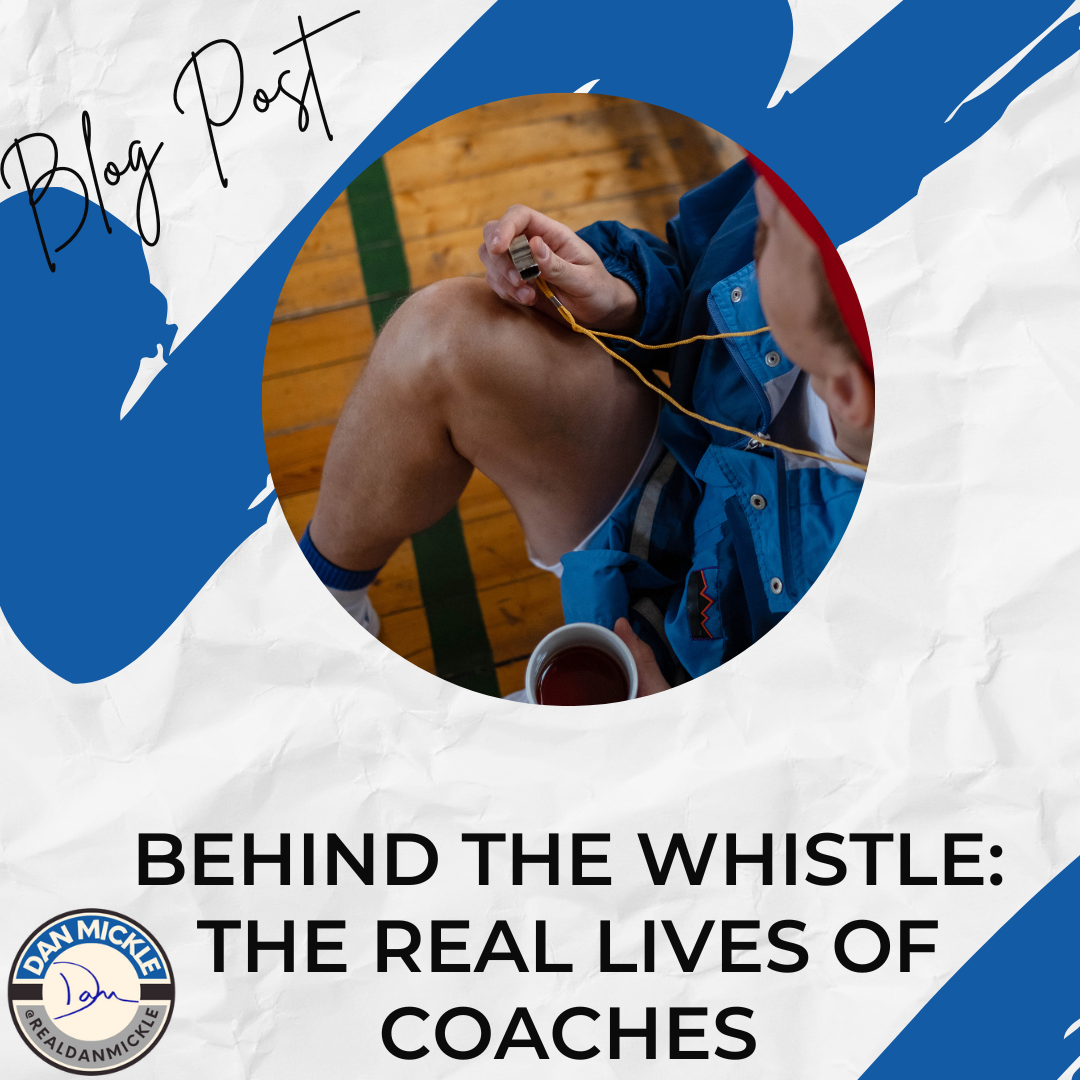Coaching youth sports is more than just a job. It’s a passion, a commitment, and, often, a sacrifice. But it’s not all glory, wins, and high-fives. Sometimes, it’s about managing a mountain of responsibilities that can take a toll on a coach’s mental and emotional well-being. I’ve seen it firsthand, not just as a coach but as a parent, and it’s something that rarely gets talked about.
Recently, I was struck by a situation I saw mentioned online, one that highlighted how the pressures of coaching can sometimes go unnoticed. Picture this: a coach walks up to their assistant and says, “I do not want to be here. I’m tired and want to go home.” While this might raise eyebrows in a parent or a player’s mind, it struck me differently. How many of us are aware of the quiet burdens coaches carry that aren’t visible from the stands?
We tend to forget that the coaches we trust with our kids’ development are human too. They’re not just there to lead the team to victory or guide our children through drills. They’re navigating a mix of emotions, responsibilities, and challenges that extend beyond the field or court.
For many coaches, especially in youth sports, there’s a constant push to be perfect. They’re expected to balance creating a competitive, fun environment, all while managing the different personalities, goals, and needs of their athletes. Add to that the pressure of parents, not to mention the emotional load that comes from pouring time and energy into something they care deeply about. Sometimes, it can feel like the weight of expectations is too much to bear.
The truth is, coaching is rarely as glamorous as it seems. Coaches deal with countless hours of prep work, from designing practice plans to staying up late reviewing game footage. They make sacrifices in their own lives, often spending weekends away from family and personal time to show up for their athletes. That’s before we even mention the emotional toll it takes to deal with loss, frustration, and the ever-present feeling of not being able to please everyone.
We often forget that coaches are people with their own struggles. Just like anyone else, they have bad days. They’re tired. They’re burnt out. They might even wonder if it’s all worth it. Yet, despite the exhaustion, they keep showing up. Why? Because they care. They’re there because they believe in the potential of their athletes—not just in their athletic abilities but as individuals. They want to help mold confident, resilient, and capable young people.
But what happens when that passion starts to fade, when the burnout creeps in? That’s when the human side of coaching becomes most apparent. And yet, so often, it’s invisible. We see the coach on the sidelines, whistle in hand, but we don’t see the struggle that happens behind the scenes. We don’t see the moments of doubt, the emotional toll, or the sheer physical exhaustion that comes with leading a team, season after season.
As parents and supporters of youth sports, it’s important that we acknowledge the challenges coaches face. Instead of criticizing or judging, let’s show some empathy. Recognize that a coach’s role is more than just a paid position. It’s a dedication to helping young athletes grow, both on and off the field. A little understanding can go a long way.
We can also do our part by taking the pressure off. If your coach seems tired, give them a moment of grace. If they make a mistake, remember that they are still learning and growing too. Coaches don’t have it all figured out, and they shouldn’t have to bear the weight of perfection. After all, they are teaching our kids that failure is part of the process. Maybe it’s time we extend that same lesson to them.
So, the next time you see a coach working tirelessly, don’t just focus on the scoreboard. Remember that their heart is in the game just as much as your child’s. They’re shaping future leaders, fostering resilience, and teaching life lessons that go beyond sports. And they’re doing it all with the hope that, in the end, it’s worth every sacrifice they’ve made.
So yes, sometimes they’re tired. Sometimes they need a break. But the fact that they keep coming back—day after day, season after season—is a testament to their passion for making a difference in the lives of young athletes.
Let’s remember: Coaches are people too.


